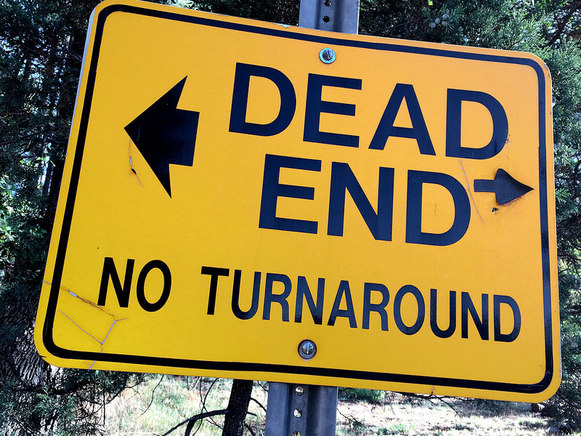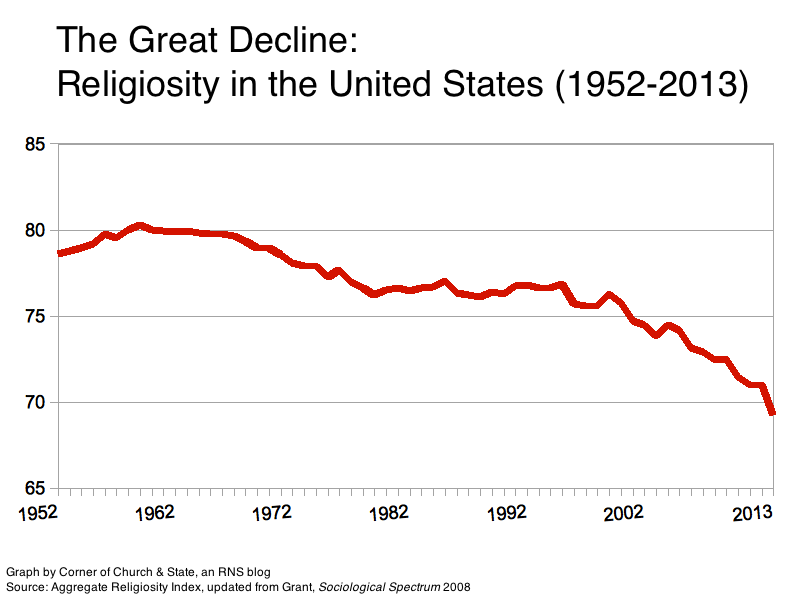Well, duh – even I could see the mistake: Daniel wasn’t talking about the first century. He was talking about events that have yet to take place 2500 years after he lived.
When will they play out?
God only knows. But it’s clear that we are wise to pay attention to the world around us – and to be wary of what we hear presented as truth.
In the summer of 2006, for instance, the History Channel ran a program – I think it might have been “Digging for the Truth” – that made prominent mention of the Dead Sea Scrolls.
I was glued to the TV. The History Channel is sometimes surprisingly objective in talking about the Bible, and I thought maybe the host would explore how the Dead Sea Scrolls proved the flawless integrity of the Old Testament.
No such luck.
Interviewing some expert on the subject, the host asked something like, “So, is there any mention of Jesus in the Scrolls?”
“No,” said the expert.
The host seemed surprised; he asked once again. And the expert again denied any mention of Jesus.
As I remember it, they stood there shaking their heads, as if this somehow shot huge holes in the foundation of Christianity.
I kept waiting for one of them to say, “But then again, the Scrolls were completed at least 100 years before Jesus was born, so of course they wouldn’t mention Him.”
Or, “Why, yes, Jesus was foretold in many places in the Old Testament – which is what the Dead Sea Scrolls have shown us, nearly all the books of the Old Testament, written before Jesus was born. If we look in the book of Isaiah, for instance …”
But they just stood there, letting this alleged omission hang there, as if it somehow represented evidence extremely damaging to Christianity.
That, at least, is the impression I would have had if I didn’t know better. And they gave that impression without telling a single overt lie.
Did this really happen? I wonder now, as I write about it: It almost seems too outrageous to be real. Maybe I’m losing my mind.
Or maybe I’m not.
We used to talk about TV being a vast wasteland. But I don’t think that’s quite true anymore. I think it’s becoming dangerous to children and other living things.
(from Heaven Without Her, pages 173-175)







 RSS Feed
RSS Feed